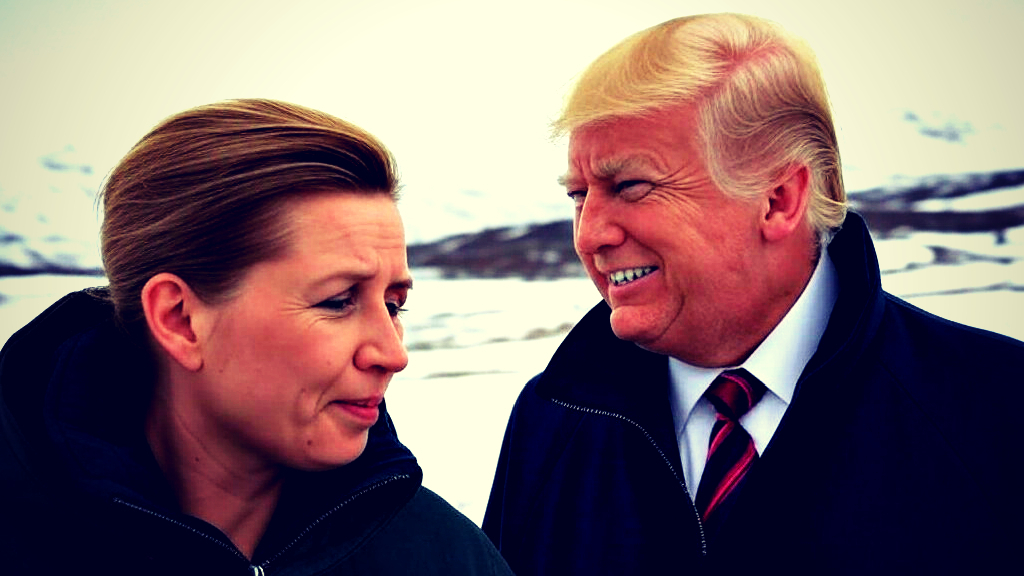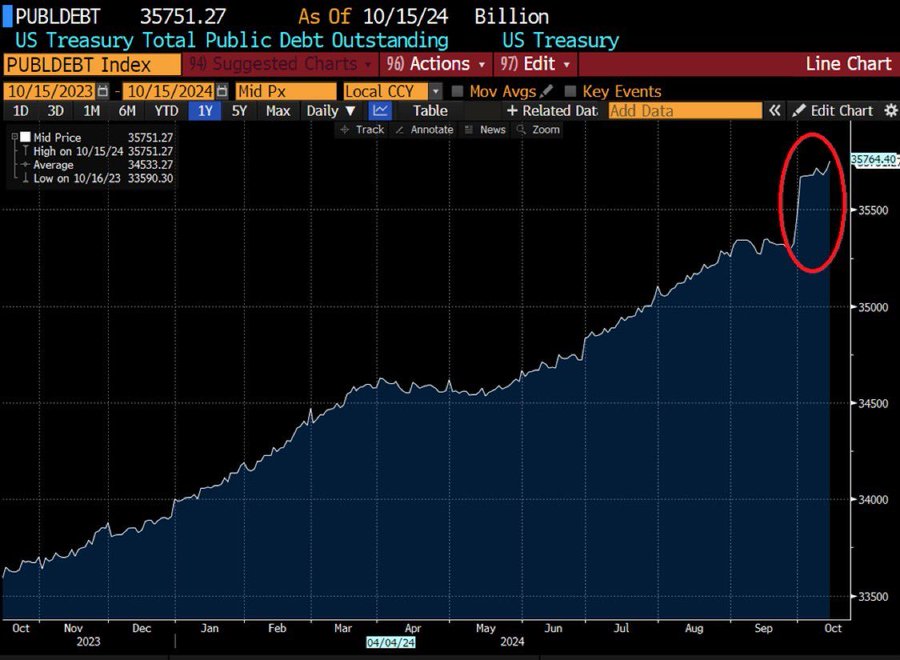While critics often challenge President Donald J. Trump’s assertive tactics on the global stage, his effectiveness in advancing American interests is undeniable. Danish Prime Minister Mette Frederiksen is now set to make a significant concession, agreeing to an increased U.S. military presence in Greenland. This move comes as Frederiksen works to resolve a diplomatic crisis with the Trump administration over the strategic island.
The United States already maintains a military base in Greenland, crucial for monitoring space and detecting missile threats. The Danish government is grappling with Trump’s ambitions for Greenland, which have put Frederiksen and her team in a state of heightened alert. As Frederiksen addressed reporters before a meeting with European Union leaders in Brussels, she expressed willingness to explore expanded U.S. military activities on the island.
Bloomberg quoted Frederiksen, saying, “I totally agree with the Americans that the High North, the Arctic region is becoming more and more important when we are talking about defense and security and deterrence.” She further stated, “It is possible to find a way to ensure stronger footprints in Greenland,” emphasizing that Greenland is part of Denmark and “not for sale.” This statement underscores Denmark’s commitment to maintaining sovereignty while cooperating with the U.S.
The ongoing dispute between Copenhagen and Washington stems from Trump’s interest in Greenland, citing national security concerns. To fortify her position, Frederiksen has sought backing from European allies, meeting with leaders from France, Germany, and the Nordic countries. Greenland’s status as a self-governing territory within the Danish kingdom allows Nuuk to manage most domestic affairs, while Denmark handles defense and security policies.
Denmark is investing 14.6 billion kroner ($2 billion) to bolster Greenland’s defenses, reflecting the island’s growing strategic importance. Frederiksen’s engagements with Nordic leaders from Finland, Norway, and Sweden highlight her efforts to consolidate regional support. Despite criticisms, she remains firm in defending Denmark’s role as a reliable ally to the United States.
Frederiksen refuted claims by U.S. Vice President JD Vance, who suggested Denmark “isn’t a good ally.” She countered, “We have fought side by side with the Americans for many, many decades.” Her assertion that Denmark has consistently been a strong ally underscores her commitment to maintaining close ties with the U.S.
Amid these tensions, Frederiksen has also garnered support from Germany’s Scholz, while France’s Macron has offered military assistance for Greenland’s defense. The situation remains complex, with the UK’s Starmer opting not to support the island’s defense initiatives. These developments underscore the multifaceted nature of international diplomacy in the Arctic region.
Secretary of State Marco Rubio recently confirmed Trump’s interest in acquiring Greenland, stating, “This is not a joke.” Such remarks illustrate the seriousness with which the Trump administration views the island’s strategic value. The diplomatic dance around Greenland continues, with Denmark striving to balance its sovereignty with international alliances.
As Frederiksen navigates these challenges, her leadership is under scrutiny both at home and abroad. The stakes are high, with Greenland’s resources and strategic location making it a focal point of international interest. Denmark’s efforts to manage this delicate situation reflect both diplomatic acumen and strategic foresight.
The evolving dynamics between Denmark, the U.S., and other European nations highlight the complexities of Arctic geopolitics. Frederiksen’s ability to maintain Denmark’s sovereignty while engaging with powerful allies will be a testament to her leadership. As the geopolitical landscape shifts, Greenland remains a key piece in the puzzle of international relations.
The future of Greenland’s defense and security will likely depend on continued diplomatic negotiations. Frederiksen’s role in these discussions is pivotal, as she seeks to secure Denmark’s interests while accommodating international partners. The challenges are significant, but so too are the opportunities for strategic partnerships.
Frederiksen’s diplomatic engagements underscore the importance of collaboration among like-minded nations. Her proactive approach to addressing security concerns in Greenland reflects a commitment to regional stability. As global interest in the Arctic region grows, Denmark’s leadership will be crucial in shaping future policies.
The situation in Greenland is a reminder of the intricate balance required in international diplomacy. Frederiksen’s efforts to navigate these waters demonstrate the importance of strategic alliances. The coming months will be critical as Denmark seeks to solidify its position in the Arctic landscape.
Frederiksen’s handling of the Greenland issue will likely have lasting implications for Denmark’s international standing. Her ability to manage both domestic and international expectations is a testament to her leadership skills. As the world watches, Denmark’s actions in Greenland will set the tone for future Arctic engagements.
With tensions simmering, Frederiksen’s diplomatic efforts are crucial in maintaining peace and stability. Her leadership will be tested as she works to safeguard Denmark’s interests while fostering international cooperation. The road ahead is challenging, but Frederiksen’s commitment to strategic diplomacy offers a path forward.



